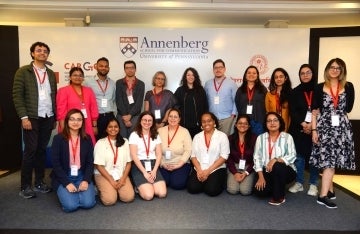Annenberg Graduate Students Win 2018 Ackoff Fellowships
Elisa Baek, Natalie Herbert, Danny Kim, Hye-Yon Lee, and Allyson Volinsky will pursue original research.

Photo Credit: University of Pennsylvania
Annenberg doctoral candidates Elisa Baek, Natalie Herbert, Danny Kim, Hye-Yon Lee, and Allyson Volinsky have received the Russell Ackoff Doctoral Student Fellowship Award for 2018 from the Wharton Risk Management and Decision Processes Center. This is the fourth year in a row, and the tenth year overall, that Annenberg students have been fellowship recipients.
The research fellowship, now in its thirteenth year, is named in honor of Russell Ackoff, Professor Emeritus of Management Science, whose work was dedicated to furthering the understanding of human behavior in organizations. Made possible by an endowment from the Anheuser-Busch Charitable Trust, the fellowships are awarded to University of Pennsylvania doctoral students who are pursuing research in decision making under risk and uncertainty.
The Annenberg students’ projects are:
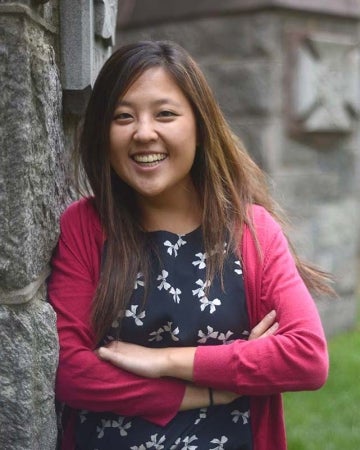
Elisa Baek — "What Makes Information Spread?: Psychological and Neuroscientific Approach to Understanding Moderators of Information Sharing in the Context of False News"
Abstract: Humans constantly share information with one another, and the impact of such sharing can have widespread consequences. As such, understanding the interplay between message-level characteristics and psychological motivations (i.e., do certain message-level characteristics selectively engage key psychological motivations, that then in turn leads to increased likelihood of sharing?) may be fruitful. The proposed study focuses on false news (i.e., factually incorrect news) as one particularly salient and pertinent context to test the relationships between message-level features, psychological motivations, and sharing behavior. The researchers seek to understand the mechanisms that lead to the spread of false news by: 1) disentangling the effects of specific message features that often characterize false information in real life and 2) investigating how false statements may robustly engage key neural regions previously implicated in sharing.
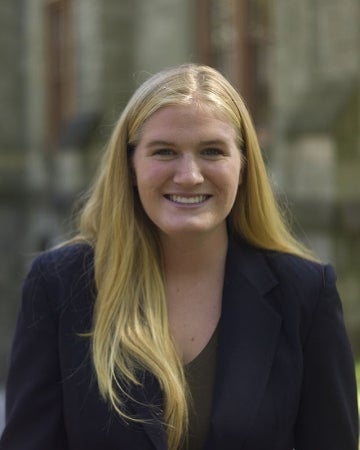
Natalie Herbert — "Tailoring an Intervention to Ameliorate the Negative Effects of Expert Disagreement on Healthy Behavioral Intentions"
Abstract: Physicians and public health officials agree that current smokers should be encouraged to quit smoking, but scientific researchers do not agree whether electronic cigarettes (e-cigarettes) are effective for quitting. Credible health organizations, including the American Heart Association and American Lung Association, remain in active, public disagreement over recommendations for e-cigarettes despite more smokers choosing to use e-cigarettes than any FDA-approved smoking cessation products. In the face disagreement and the ambiguity it produces, current smokers seeking to quit may feel particularly confused and overwhelmed, or experience feelings of backlash towards the recommenders. These feelings may even spill over to other health recommendations not in disagreement, including other risk-modifying cancer prevention behaviors like sunscreen use, exercise, and fruit and vegetable intake. Interventions that empower individuals to tolerate ambiguity through informed, shared decision-making have the potential to ameliorate these negative effects, but such interventions have not been tested in this domain. This research will test 1) whether exposure to contradictory recommendations about e-cigarettes affects intentions to comply with consensus health recommendations, and 2) whether an online, interactive decision-making aid can mitigate these harms by increasing the ability to tolerate disagreement in the face of risk.
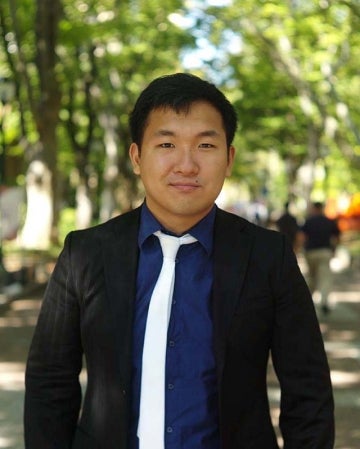
Danny Kim — "Brands, Media, and Text Mining"
Abstract: Though there is significant research in the communication literature on media preferences and in the marketing literature on brands, inquiries into the intersection of these two domains to examine the role of brands in media preferences remains limited. Extant theories of media preferences implicitly presume a degree of audience awareness of media content and potential exposure effects prior to exposure, and the author argues that this awareness results from the brands that media creators construct around their products to serve as content cues to potential consumers. Kim posits that media preferences are guided by such brand cues acting in interaction with self-related drives. The research examines how individuals perceive the brand personality of media products, how such perceptions can be predicted through computational content analysis, and how individuals tend to prefer media products with personalities similar to their own.
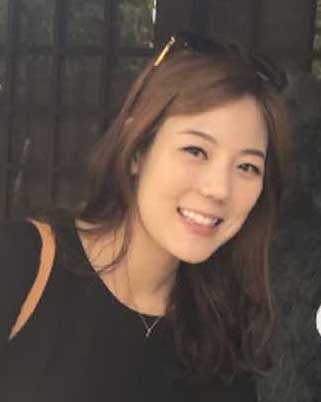
Hye-Yon Lee — "Partisan Favoritism or Animosity? Using Economic Games to Disentangle In-Group Love from Out-Group Hate"
Abstract: One of the most important and defining characteristics of contemporary American politics is political polarization. More and more people exhibit partisan behaviors, i.e., preferring those who share their party affiliation (in-group favoritism) and/or expressing hostility toward those of the opposing party (out-group animosity). Such partisan intergroup bias has been observed not only in politics but also increasingly in everyday life. It, however, remains unclear to what extent polarization along partisan lines reflects increases in in-group favoritism or out-group animosity, or a combination of both. These two intergroup behaviors may appear to be complementary to each other, yet scholars have long argued that they are in fact distinct phenomenon and thus not always concomitant. Given the growing salience and influence of partisanship in shaping both political and non-political decisions, it is important to understand which intergroup motivation is the primary driving force behind partisan polarization. Using economic games, this study attempts to systematically differentiate between partisan in-group favoritism and out-group animosity. The study further distinguishes between active and passive forms of out-group animosity. Findings will contribute to our understanding of the nature of contemporary political polarization.

Allyson Volinsky — "Comparing Alternative Strategies for Choosing Health Communication Campaign Topic Foci"
Abstract: While campaign planners can employ a range of approaches for selecting a topic for health communication campaigns in the formative stage of campaign development, researchers have yet to explore empirical bases for choosing sets of topics. The proposed study seeks to compare alternative theory-based strategies to improve the basis for choosing topic foci for health communication campaigns addressing tobacco use among youth/young adults. An online survey-based experiment will be conducted to assess the effects of exposure to anti-smoking messages about multiple campaign topics, comparing effects of combinations of topics that vary with regard to their correlation, and examining whether more or less correlated topics have differential effects for those at higher risk of smoking tobacco cigarettes.
Recent previous winners include: Joshua Becker and Elissa Kranzler in 2017; Natalie Herbert, Stella Lee, Sijia Yang, and Lori Young in 2016; and Devon Brackbill, Jiaying Liu, Holli Seitz, and Jingwen Zhang in 2015.



